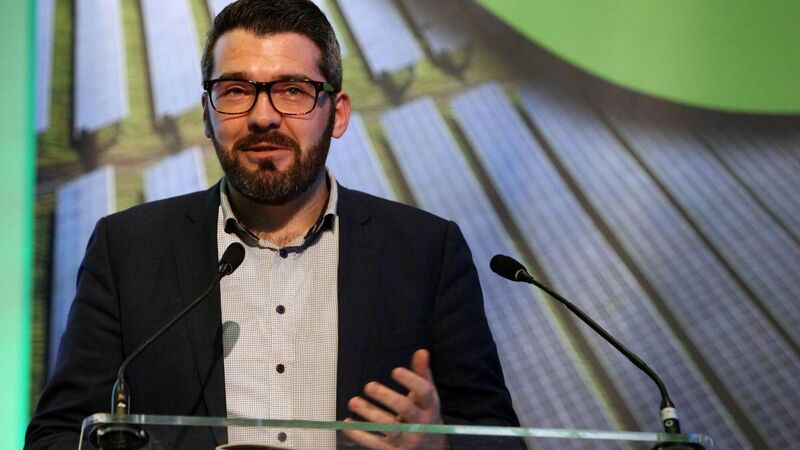Mixed reception to energy and sustainables measures

Irish Solar Energy Association CEO Conall Bolger welcomed the Government's support for people installing rooftop solar panels but criticised the lack of such incentives for farmers. File picture
There will be three more energy bill credits for Irish households worth €150 each over winter, tax breaks for those selling electricity back to the grid, and the zero Vat rate on solar panels will be extended to schools.













